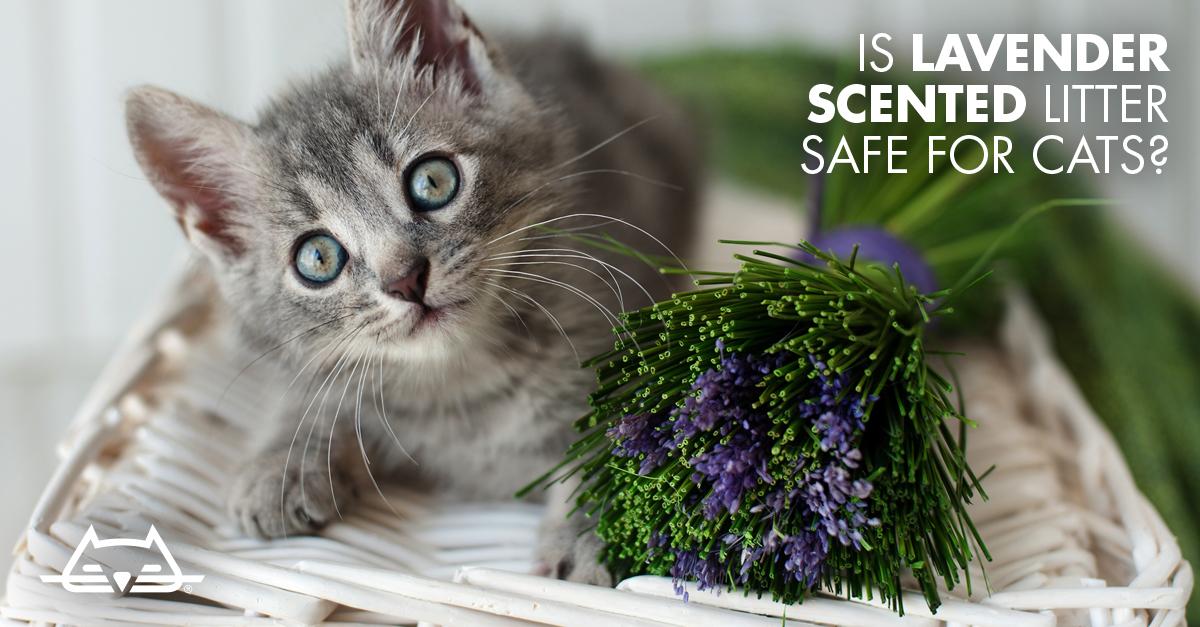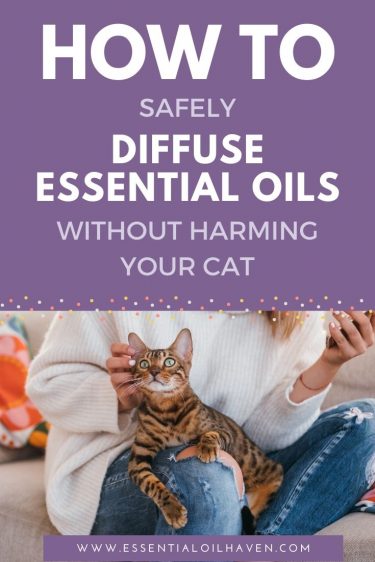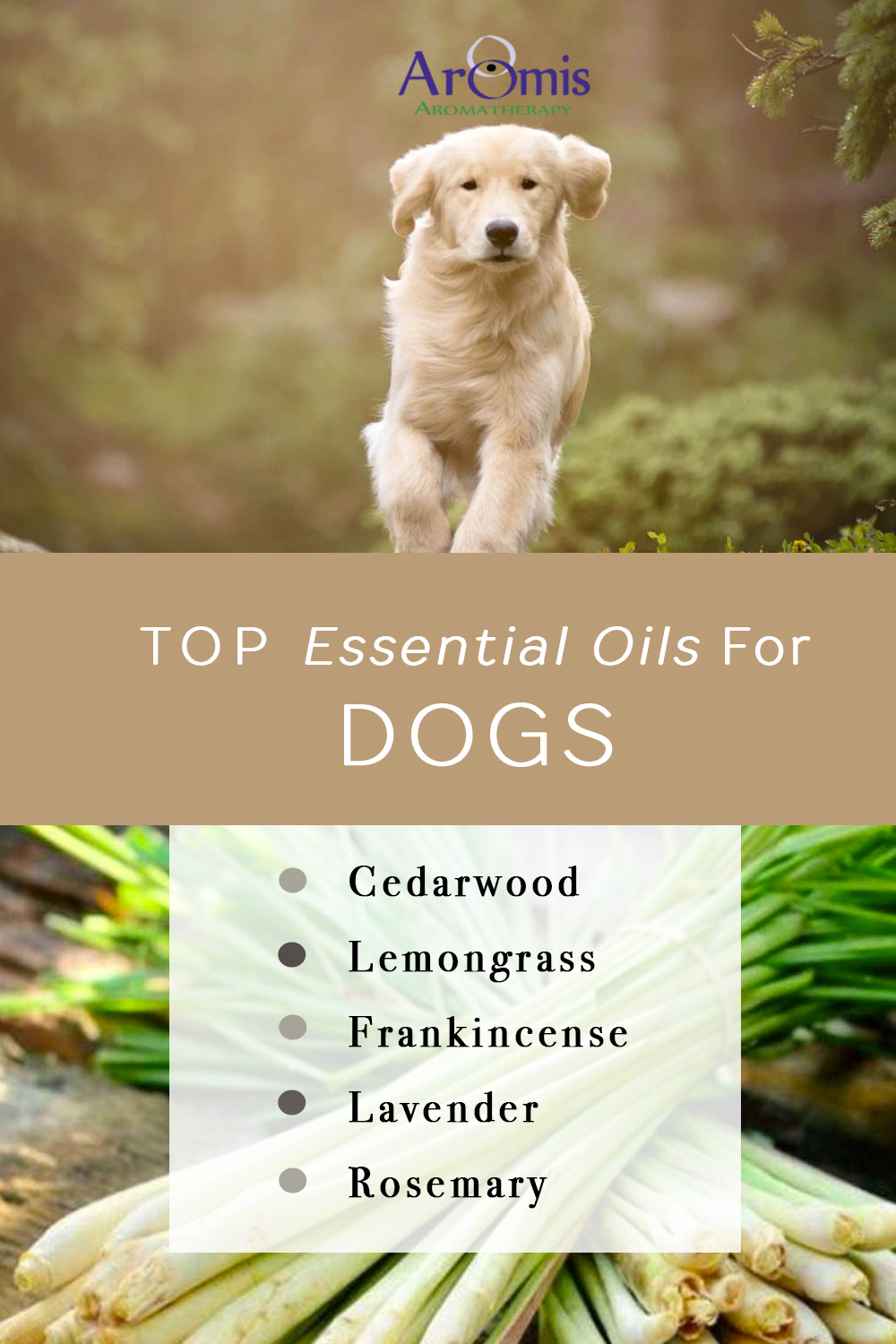Fragrance oils are not safe for cats due to their potential toxicity and adverse health effects. These oils can cause respiratory distress, skin irritation, and even liver damage in cats.
It is important to keep cats away from any products or substances containing fragrance oils to ensure their safety and well-being.
Harmful Ingredients In Fragrance Oils For Cats
Are fragrance oils safe for cats? As pet owners, it’s important to understand the potential risks associated with using fragrance oils around our feline friends. There are harmful ingredients commonly found in fragrance oils that can be toxic to cats.
Synthetic chemicals to avoid include phthalates, which are known to disrupt hormones, and formaldehyde, a known carcinogen. These toxic substances can be found in many fragrance oils and can pose serious health risks to cats.
Common toxic substances found in fragrance oils include benzene, toluene, and xylene. These chemicals have been linked to respiratory issues, skin irritation, and even organ damage in cats.
It is important to understand the effects of these toxins on cats’ health. Ingesting or inhaling fragrance oils can lead to vomiting, diarrhea, difficulty breathing, and even seizures. Prolonged exposure to these chemicals can have long-term effects on a cat’s overall well-being.
Therefore, it is recommended to refrain from using fragrance oils around cats and opt for pet-friendly alternatives instead. Always prioritize the safety and health of your furry companions.
Symptoms Of Fragrance Oil Poisoning In Cats
Using fragrance oils around your cats can lead to potential risks and poisoning. Recognizing the symptoms of fragrance oil poisoning in cats is crucial to ensure their well-being. Watch out for possible behavioral changes such as unusual aggression, lethargy, or hiding. Respiratory distress can manifest as coughing, wheezing, or difficulty breathing. Keep an eye out for skin irritation including redness, itching, or rashes, as well as allergies such as sneezing or watery eyes. Gastrointestinal problems like vomiting or diarrhea may also occur. It is essential to create a safe environment for your cats by avoiding the use of fragrance oils that could pose risks to their health.
Steps To Keep Your Cats Safe From Fragrance Oils
Using fragrance oils in your home may not be safe for your beloved furry friends. Cats have a highly developed sense of smell, and certain fragrance oils can be toxic to them. To keep your cats safe and ensure a pleasant environment for them, it is important to take specific steps.
Firstly, it is best to avoid using fragrance oils altogether in your home. Choose natural alternatives, such as essential oils that are safe for cats. Lavender and chamomile are popular choices that provide a pleasant scent and have calming properties.
When storing or disposing of fragrance oil products, be sure to do so safely. Keep them out of reach from your cats to prevent accidental ingestion or exposure. A locked cabinet or high shelf would be ideal.
In order to create a fragrant and safe environment, use cat-friendly air fresheners or natural room sprays that are specifically formulated for pet households. These products will freshen the air without posing any harm to your feline companions.

Credit: www.worldsbestcatlitter.com
FAQs
What Scented Oils Are Safe For Cats?
Safe scented oils for cats include lavender, chamomile, and frankincense.
Is Fragrance Oil Pet Friendly?
Yes, fragrance oil can be pet friendly, but it’s important to use them safely around pets.
Are Perfume Oils Toxic To Cats?
Perfume oils can be toxic to cats due to their sensitive respiratory systems and skin.
What Scents Are Safe For Cats To Smell?
Safe scents for cats to smell include lavender, chamomile, and catnip. Avoid strong odors and essential oils.
Conclusion
It is crucial to prioritize the safety and well-being of our feline friends when it comes to using fragrance oils. While these oils can create pleasant scents in our homes, they can also pose potential risks to cats. It is important to remember that cats have a highly sensitive sense of smell and can be more susceptible to adverse reactions from fragrance oils.
When choosing products for your home, opt for cat-safe alternatives that are specifically formulated with their well-being in mind. Consider utilizing natural alternatives like essential oils that have been proven safe for cats, or explore scent-free options that will not cause any harm.
Additionally, consult with your veterinarian for further guidance and recommendations. By taking these precautions, you can ensure a safe and comfortable environment for your feline companion while enjoying pleasant scents within your home. Prioritizing their health and well-being is essential, and making informed choices about fragrance oils can go a long way in achieving that goal.









